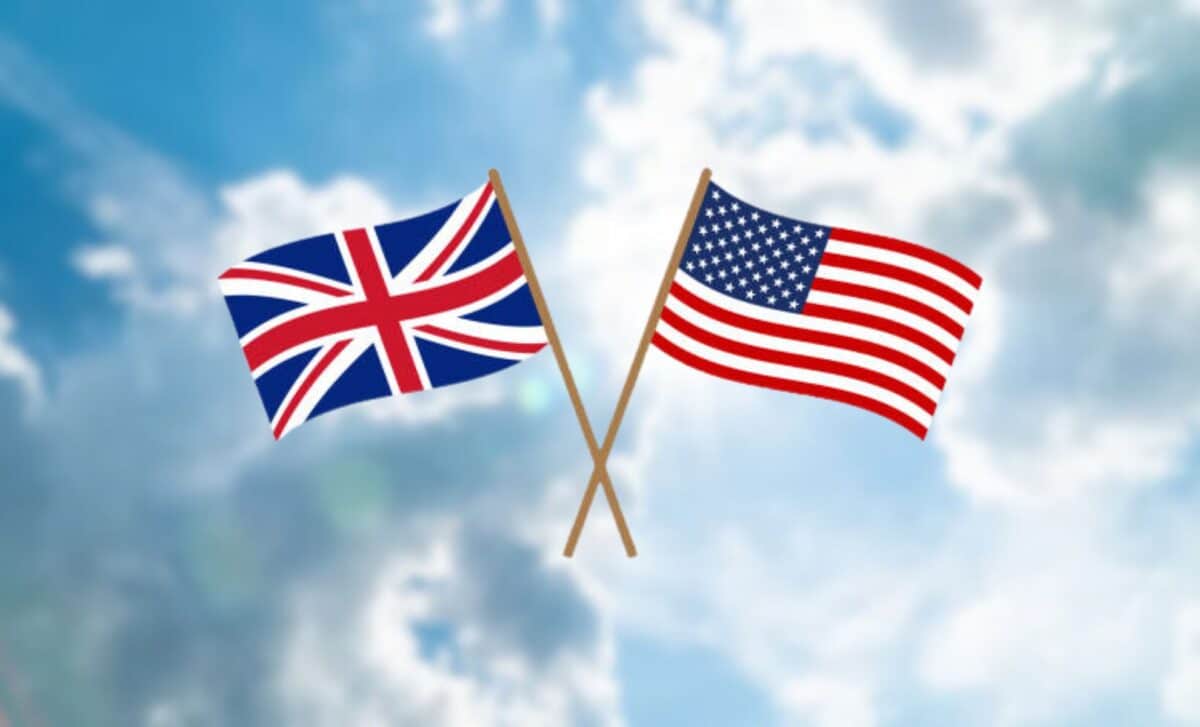The UK government is preparing to respond to Donald Trump’s decision to impose new tariffs on American goods, a move that has left markets worldwide in turmoil.
While ministers promise a calm and measured response, the consequences of the tariffs are expected to reverberate across the global economy, affecting trade and business activity.
On Wednesday, President Trump announced a blanket 10% duty on British exports to the US, which has been met with concern from British officials. Although the UK faces the lowest levy compared to other countries, the economic impact could still be substantial.
In the wake of this announcement, financial markets reacted swiftly, with stock prices in the UK and the US experiencing significant drops.
Immediate Reaction and Economic Uncertainty
In response to the tariffs, the UK government has said it will assess its options, with Trade Secretary Jonathan Reynolds indicating that retaliatory measures remain on the table. A four-week consultation period will be held before any formal decision is made, during which businesses and other stakeholders will provide input on how to best proceed.
An indicative list of products that could face tariffs includes popular American exports such as bourbon whiskey, motorcycles, guitars, and jeans. These retaliatory tariffs are seen as a way for the UK to protect its economic interests, although they could escalate tensions between the two nations.
Officials are holding out hope for an economic deal with the US, which could offer exemptions from the tariffs.
However, despite these efforts, the economic ramifications are expected to be felt across multiple sectors. Experts have warned that the 10% tariff could negatively impact UK economic growth, with predictions suggesting a possible reduction in growth rates.
The Office for Budget Responsibility (OBR) has highlighted that the Chancellor’s fiscal space could be significantly reduced by the tariffs, potentially leading to higher taxes or spending cuts.
Market Reaction and Broader Global Impact
The imposition of tariffs has not only rattled the UK’s economy but has also sent shockwaves through global financial markets.
The FTSE 100, the UK’s leading stock index, fell to a three-month low following the announcement, reflecting investor concerns over the potential economic fallout.
Meanwhile, in the US, the Dow Jones index suffered its largest drop since 2020, with analysts warning that the tariffs could tip the US economy into a recession.
These developments are likely to weigh heavily on global markets in the coming weeks. According to analysts at Barclays, the increased risk of a recession could further dampen investor sentiment.
While President Trump remains confident about the outcome, predicting that “markets are going to boom,” the reality of these tariff-driven economic shifts is more uncertain.









